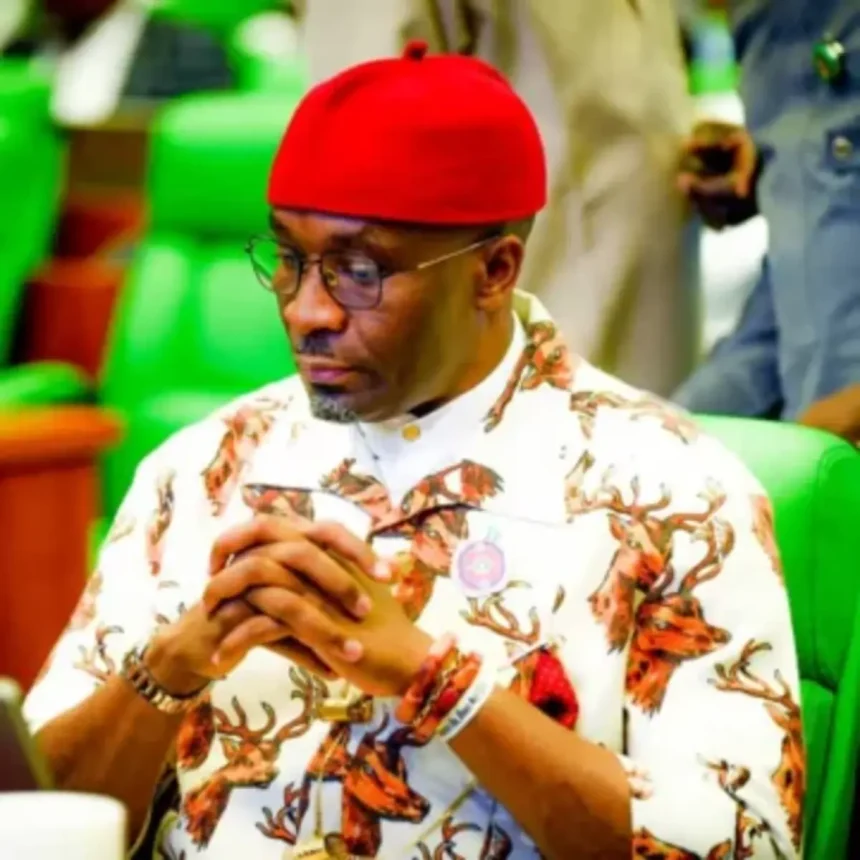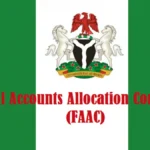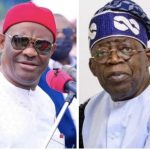Deputy Speaker of the House of Representatives, Hon. Benjamin Okezie Kalu, has restated Nigeria’s commitment to the Agreement on Fisheries Subsidies, describing it as an important step in global fisheries management.
He made this known on Wednesday during the 55th session of the Steering Committee of the Parliamentary Conference on the World Trade Organization (WTO) at the Inter-Parliamentary Union (IPU) Headquarters in Geneva, Switzerland.
Hon. Kalu noted that Nigeria, as the second African country to ratify the agreement, is focused on using the WTO Fish Fund to tackle the problem of illegal, unreported, and unregulated (IUU) fishing in its waters.
He explained that Nigeria’s fish subsidies mainly support small-scale fishers and aquaculture, and stressed the need for the Fish Fund to go beyond technical support to serve as a strategic investment tool.
The Deputy Speaker also asked for clarity on how the Fund would be deployed quickly and effectively to deliver real results for West Africa and Nigeria. He urged that processes guiding the Fund should not be slowed down by bureaucracy.
He said that if these issues are addressed, Nigeria could strengthen its fight against IUU fishing, protect its waters, and support livelihoods, especially for small-scale fishers.
Quoting him: “Director-General, the entry into force of the Agreement on Fisheries Subsidies is a landmark achievement, and as the second African nation to ratify it, Nigeria is fully committed to its success. Our analysis shows that Nigeria’s domestic fish subsidies are already largely beneficial, focusing on small-scale fishers and aquaculture.
“The WTO Fish Fund is a significant tool to address this, but for it to be effective, it must be more than a technical assistance fund; it must be a strategic investment vehicle.
“My questions are: How will you ensure that the Fish Fund is deployed with the speed, scale, and focus required to deliver tangible results for highly vulnerable regions like West Africa, particularly Nigeria; How can we ensure the Fund’s processes are agile and not burdened by bureaucracy, so that we can translate the promise of this agreement into the reality of protected waters and secure livelihoods for our people?”*
On the session’s theme, “Promoting multilateralism through digital trade: What role for parliaments”, Kalu praised WTO leadership under Dr. Ngozi Okonjo-Iweala for its inclusive approach but called for stronger partnerships with other global bodies.
He suggested the development of a “Model Digital Trade Legislative Toolkit” for developing countries, which would guide lawmakers in drafting digital economy laws aligned with regional and global standards.
Kalu also proposed the creation of a “PCWTO Africa Caucus” to unify African positions before major WTO events and called for stronger ties between the PCWTO and regional parliamentary bodies such as ECOWAS and the Pan-African Parliament.
He further recommended a tracking mechanism where PCWTO members update on how conference resolutions are implemented in their national parliaments through hearings, questions, or new legislation.
ALSO READ TOP STORIES FROM NIGERIAN TRIBUNE
WATCH TOP VIDEOS FROM NIGERIAN TRIBUNE TV
- Relationship Hangout: Public vs Private Proposals – Which Truly Wins in Love?
- “No” Is a Complete Sentence: Why You Should Stop Feeling Guilty
- Relationship Hangout: Friendship Talk 2025 – How to Be a Good Friend & Big Questions on Friendship
- Police Overpower Armed Robbers in Ibadan After Fierce Struggle






